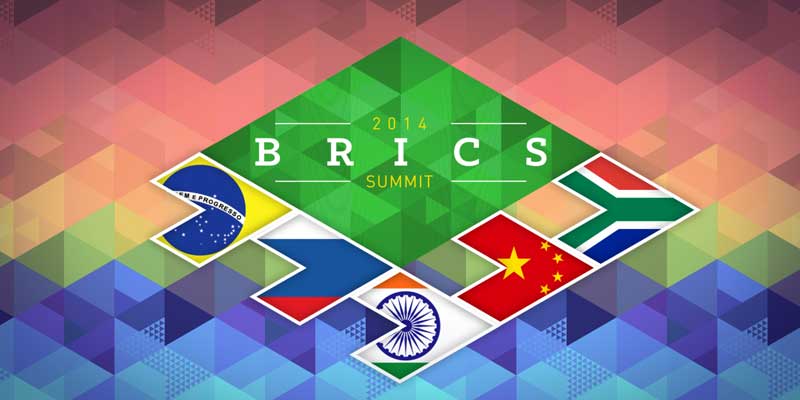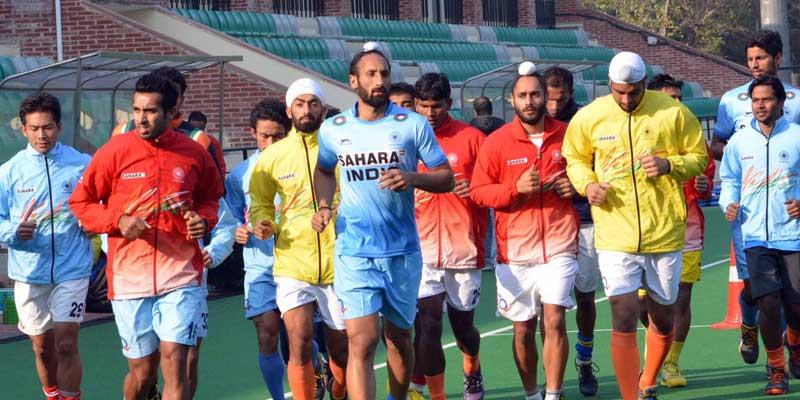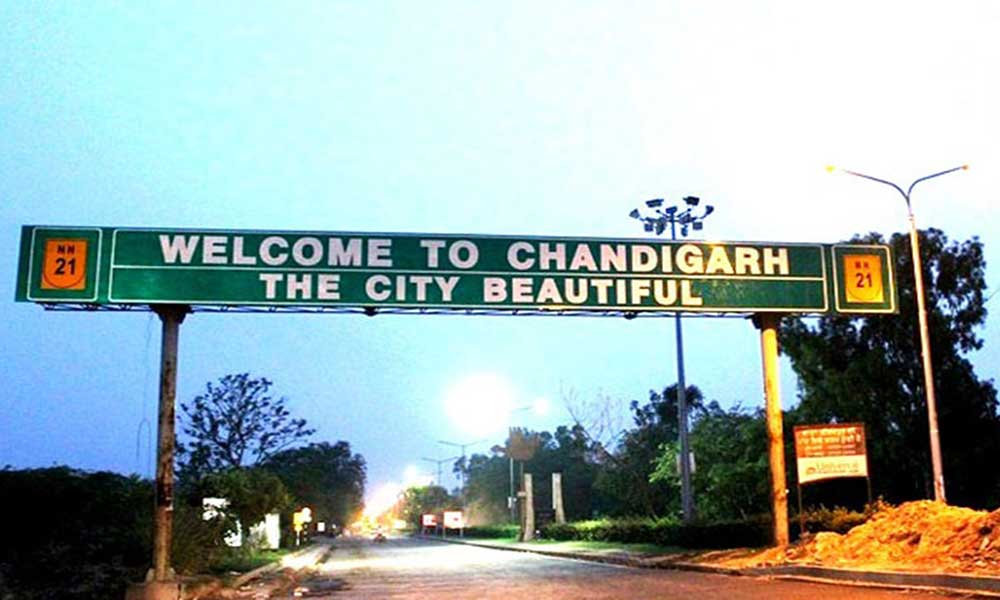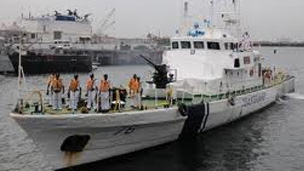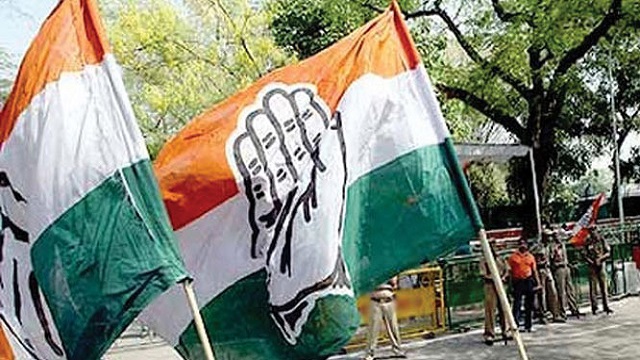The BRICS are unlikely to make a significant dent in system polarity and so is the BRICS development bank.
Prime Minister Narendra Modi has termed the agreement towards setting up BRICS New Development Bank a significant step and has said that an open international trading regime is critical for global economic growth.
In his statement on the agenda “Sustainable Development and Inclusive Growth” at the sixth BRICS summit, he said the global economic environment remains uncertain and recovery was still fragile despite improved prospects.
“Developments in Iraq and the wider region could affect this. I am also concerned that tight monetary policies in some countries could undercut investment and growth in ours,” he said, adding an open, rule-based, international trading regime is critical for global economic growth and must address the aspirations of the developing world.
“It must also accommodate the special needs of the most vulnerable sections of our societies, especially in areas such as food security. This is our broad expectation from the negotiations in the Doha Round of WTO,” he said.
“I am happy, the initiative announced at the BRICS Summit in New Delhi in 2012, has become a reality,” said Modi, who is taking part in his first international conference as prime minister, on the agreement for setting up the BRICS bank.
The agreement on the BRICS Contingent Reserve arrangement was another major achievement, he said, noting these initiatives “rooted in our own experience as developing countries” show “our capacity to set up global institutions”.
The bank is ostensibly meant to be an alternative to the IMF and the World Bank. These banks have not yet been able to come out of the power and influence of the Western nations. The emerging economies like BRICS become the victim of the politics played in such institutions. The creation of BRICS Development Bank will solve this problem.
Reportedly, the first president of the Bank will be India while the first chair of the Board of Governors will be from Russia. The bank will have an initial authorised capital of $100 billion. The initial subscribed capital shall be of $50 billion to be equally shared by the founding-members. China won the race for getting the bank’s headquarters in Shanghai even as India also made a pitch for its location in New Delhi.
The BRICS are unlikely to make a significant dent in system polarity and so is the BRICS development bank. The growth rate in the emerging economies of BRICS has been on a decline due to Fed’s unconventional monetary policy. But the BRICS development bank will sure ease the problems of these economies.
As writer Wajahat Qazi puts it, “Some members of the grouping may not see eye to eye on certain issues and may have legacy issues between each other to contend with. China and India may constitute classic examples here. Overlaying these issues is the issue of hegemony within the grouping and the putative Development Bank.
Will, for instance, China, with aspirations of global leadership play second fiddle to India or even countenance equal status with India? Or will China use the grouping and the Bank as a Trojan horse? Would it not be rational for China to use the grouping and the Bank as an access point to other regions and expand its influence thereof?
Or use the Bank as a source of leverage against the United States? If the state is still the basic unit of international relations and politics, and given that states are selfish entities motivated by power and security, the answers are not too sanguine.”
India under Narendra Modi has a lot of dreams in its eyes. And the country knows very well that siding with one team or trying to make a small group for itself won’t work in a globalised world. With Russia in stride and good relations with China will surely help India, but ignoring US and Europe will bear no good fruits.
Carving a niche is good, but one must not lose sight of the future.
(with agency inputs)

